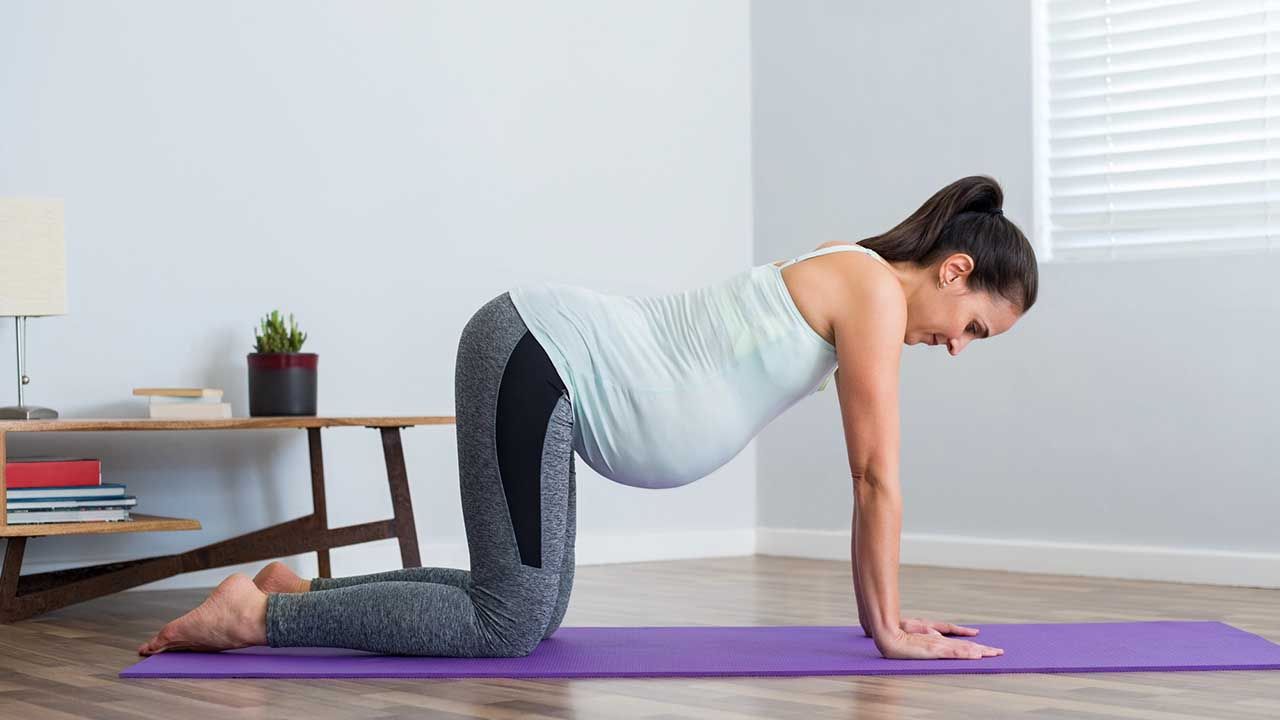What Is Disordered Eating? (The Answer Might Surprise You)

Modern approaches to dieting and diet culture have led to disordered ways of eating being the norm - can you recognise these behaviours?
Have you ever done the following?:
- Given moral qualities to foods such as 'good', 'bad', 'naughty', 'pure' or 'unhealthy'
- Thought there are foods that you couldn't or shouldn't eat
- Binged, had 'cheat' days or 'cheat' meals
- Cut out food groups (i.e. carbs, fats)
- Had negative emotions such as fear, being out of control, anxiety, guilt, fear, regret or shame around eating food
- Exercised to earn or burn off meals/specific foods, or used exercise as punishment
- Received praise for restricting/depriving yourself of food or for weight loss
- Long term obsession with food or calorie tracking that affects the way you eat
- Deprived yourself of food, purged or skipped meals to avoid calories
- Became obsessed with pure or clean eating (can develop into Orthorexia)
It's important to understand if this affects you, as it can have an effect on how you tackle your health and fitness goals, your ongoing relationship with food, and how successful you might be in the long term.
These behaviours are associated with disordered eating, and while they are not necessarily bad, they can potentially lead to a negative relationship with food or your body. If left unnoticed, they may even develop into eating disorders.
Disordered eating vs. eating disorders
It's important to note that disordered eating and eating disorders are not the same. Think of it as a sliding scale, at one end is normal eating (where food is about hunger, satisfaction and fullness without being restrictive or focused on how it will affect your physical appearance) and at the other is clinically diagnosed eating disorders.
Disordered eating falls somewhere between the two, and the habits involved are often promoted/endorsed through the media, health and fitness industry and by influencers as they have been used in the past - and still are encouraged - as methods to get health and fitness results, especially with regards to weight loss.
How do you begin to address disordered eating?
The first step is to have the realisation that these behaviours aren't (or shouldn't be) normal. That's a huge step in itself, as many of these habits have been - and continue to be - normalised in our society.
Next, is shifting away from diet culture to focus more on internal wellness (such as feeling satisfied with your food rather than overfull), fitness or strength-based progress (such as being able to walk or run further), or attitude-based achievements (such as trying hard). This isn't an easy task and it can take a lot of time and work to change a mindset that you might have had for a number of years, so know that it's something you can continually make progress on.
Finding the right people to support you on your journey is important, so look for people and professionals who are on a similar path away from diet culture and disordered eating habits/behaviours.
If you are concerned that your eating habits may be developing or have already developed into an eating disorder, it's important to consult a professional such as your GP, a registered dietician or eating disorder specialist. This will be out of scope of practice for most personal trainers, wellness coaches and non-registered nutritionists.
Image / DepositPhotos









